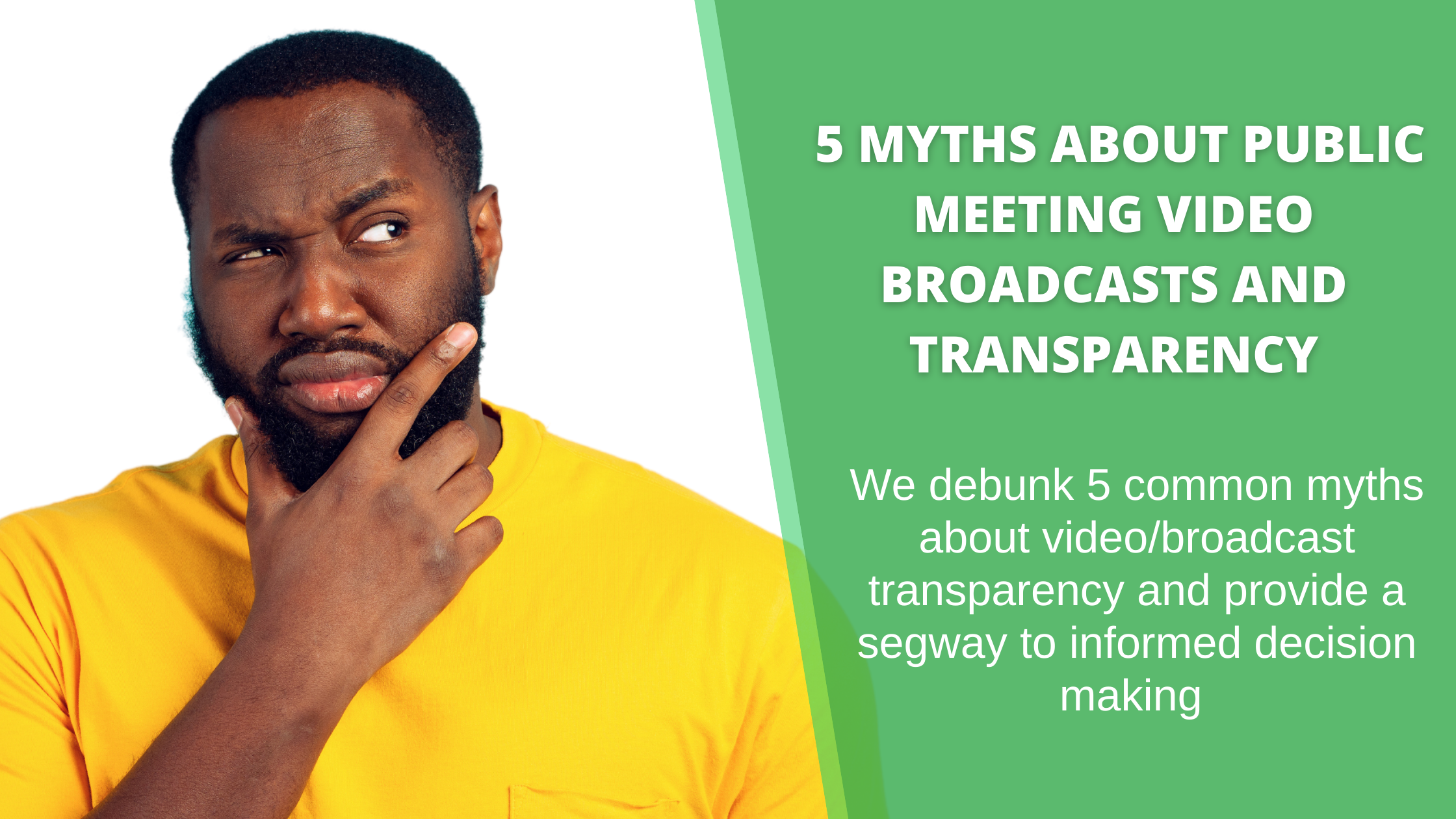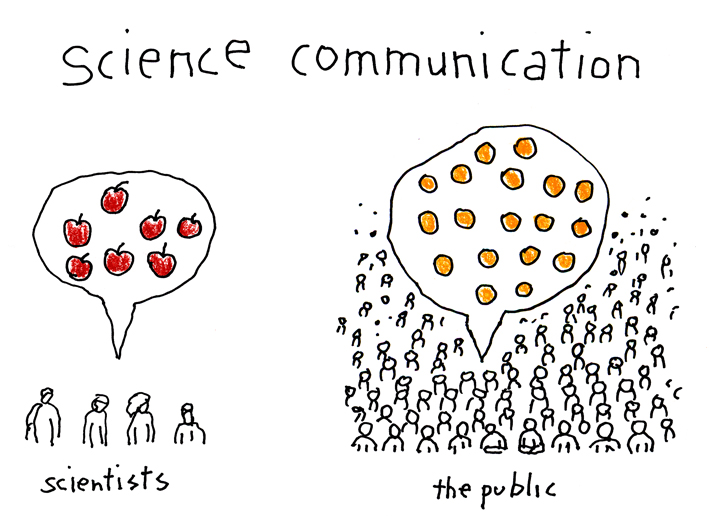- Home
- public myth
- The end of Columbia's 'free speech campus' myth: Administration's descent into identity politics diminishes real political discourse
The end of Columbia's 'free speech campus' myth: Administration's descent into identity politics diminishes real political discourse
4.5 (645) · $ 14.99 · In stock
During this latest round of extreme violence in historical Palestine and Israel, the story of the battle for Columbia’s conscience started with undergraduates. Naturally, this meant engaging in protest, a crucial role in any social movement that undergraduates do best. We graduate students at the School of International and Public Affairs were not so quick to start there. We did something different—we talked to each other first. After October 7, SIPA’s cohort WhatsApp group chats exploded with conversation—sometimes civil, sometimes tense, and everything in between. As I participated in the discussion and watched my classmates debate, it became apparent that Columbia needed to give students a space to engage with each other, and that it was not doing its job when it came to the issue of Israel and Palestine.

Chris Hedges: The Politics of Cultural Despair – ScheerPost
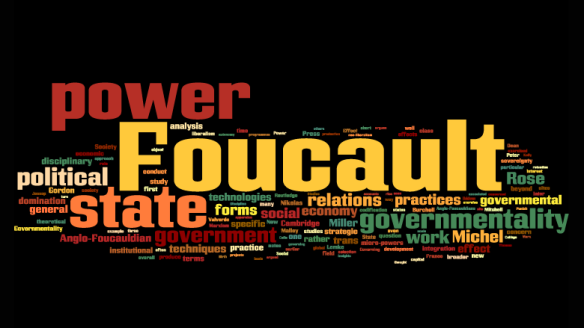
state intervention
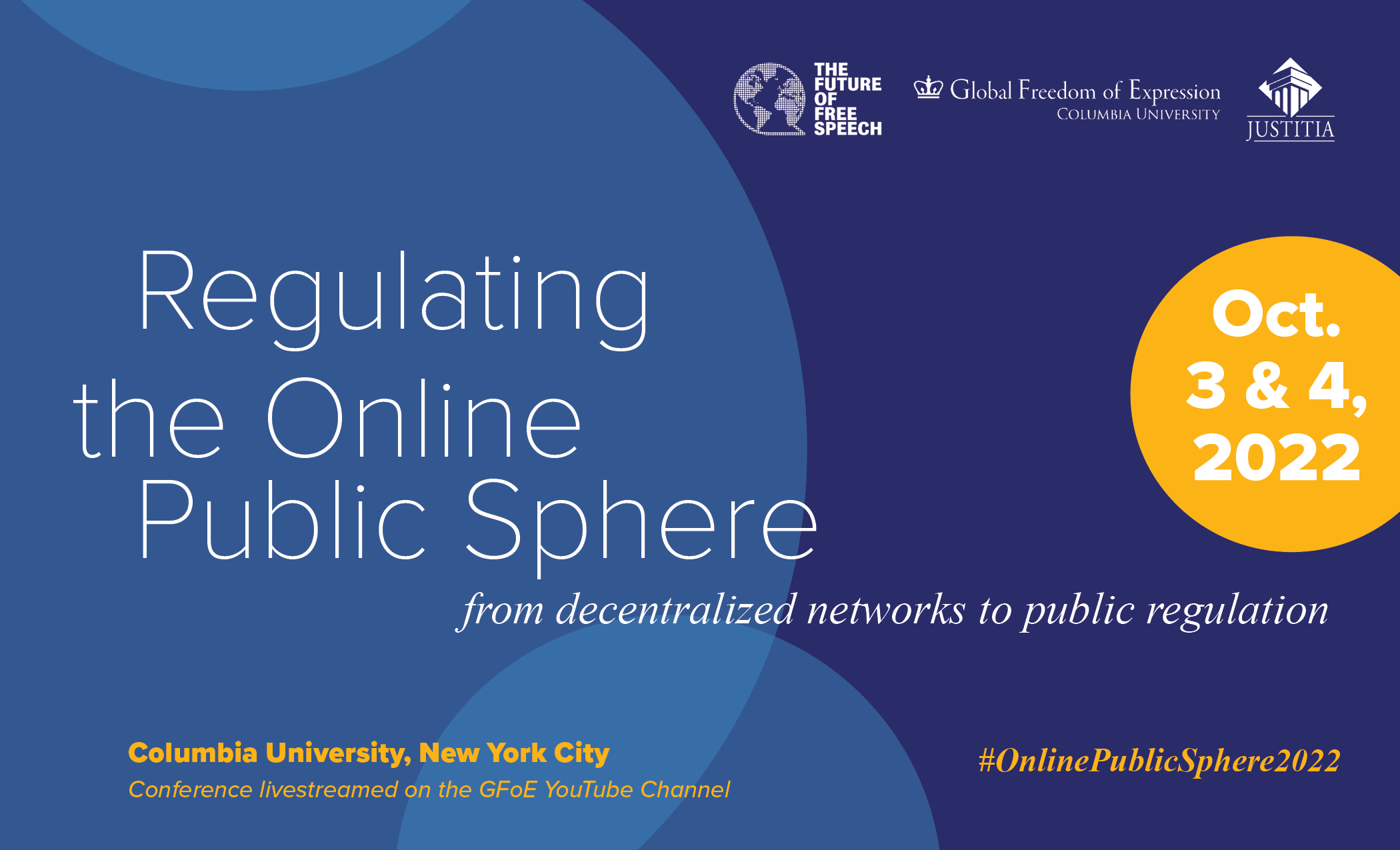
Global Freedom of Expression REGULATING THE ONLINE PUBLIC SPHERE
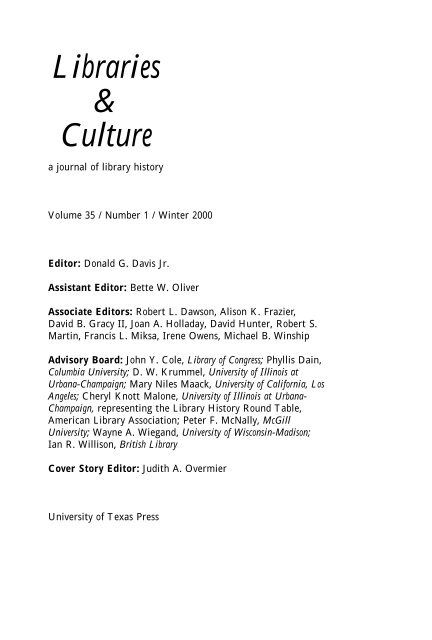
Full issue (pdf file, 973 kb) - School of Information - The

Khadijah Abdul-Nabi on LinkedIn: What SNL's Bad Bunny Episode Can Teach Us About Cultural Relevance
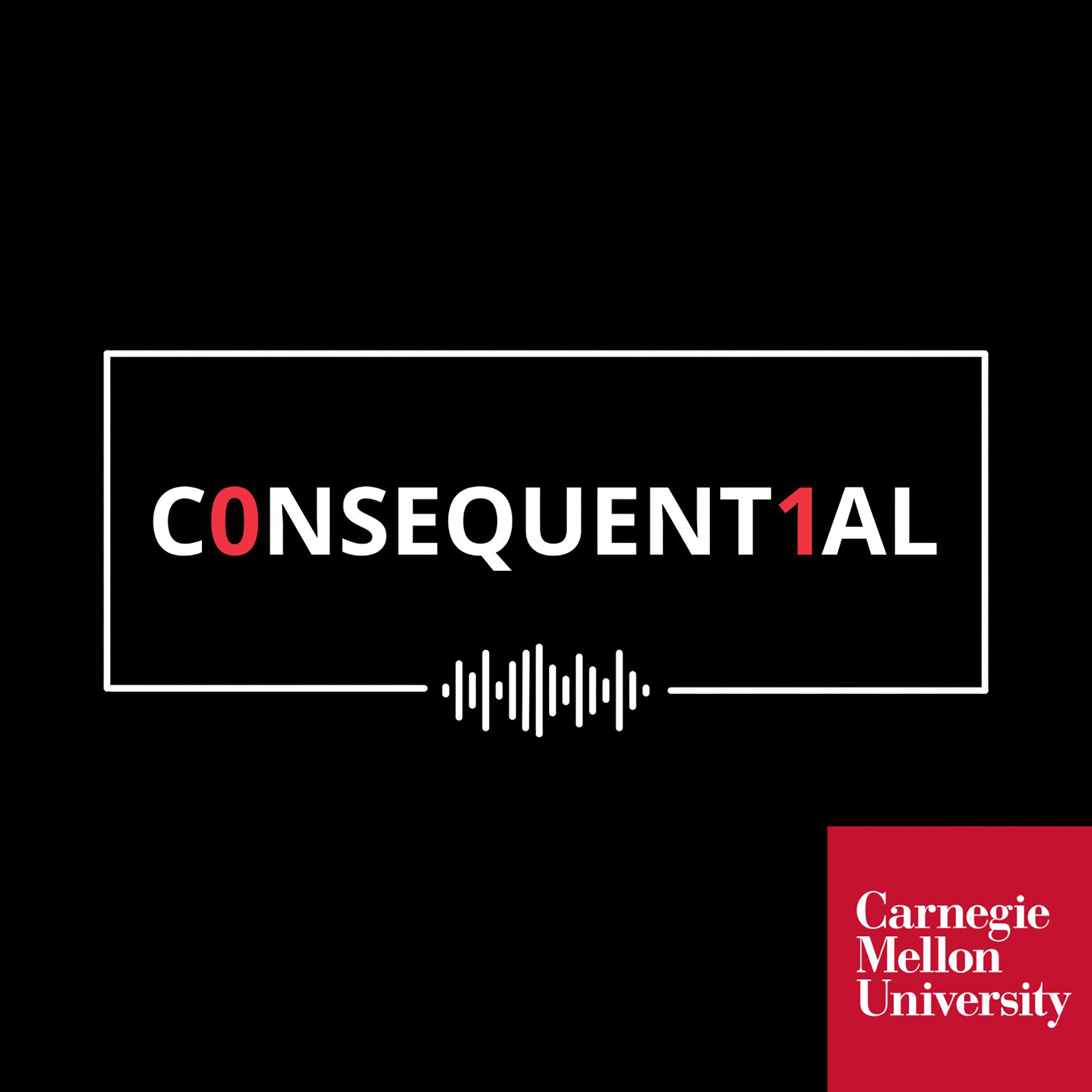
Consequential, a policy podcast from Carnegie Mellon University

Palestine Working Group (@pwgatsipa) • Photos et vidéos Instagram

Steven J. Green School of International & Public Affairs: A
Bard Anthropology Events

Khadijah Abdul-Nabi on LinkedIn: What SNL's Bad Bunny Episode Can Teach Us About Cultural Relevance
/media/img/mt/2023/12/HR_h_27.RTSRN1HC/original.jpg)
The Universities That Don't Understand Academic Freedom - The
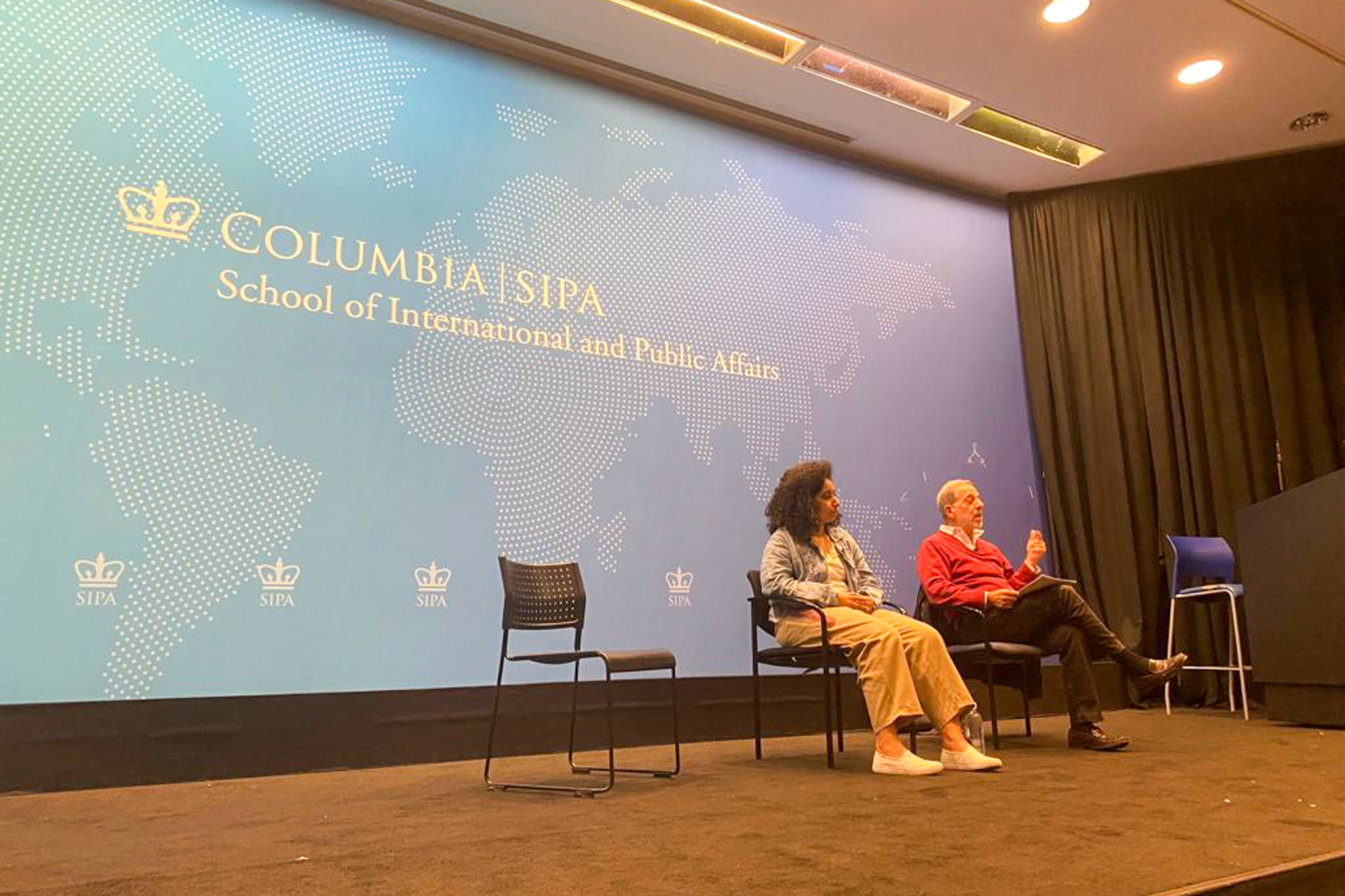
The end of Columbia's 'free speech campus' myth: Administration's








